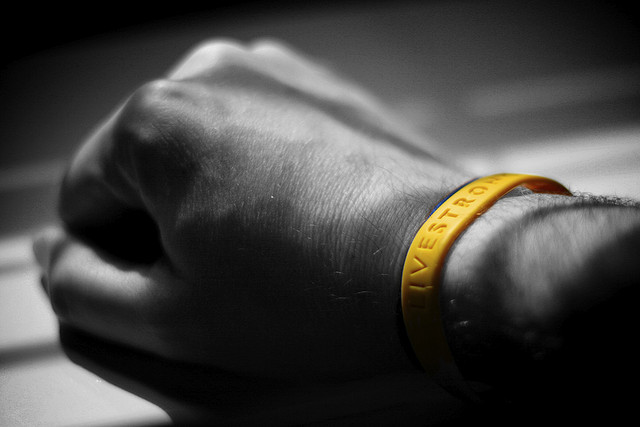Returning to Work After Cancer

If you’ve recently undergone cancer treatment, you might be eager to resume your normal life so you can regain a sense of who you are. However, going back to work can be a big adjustment. You might look forward to certain things, such as getting back in touch with friends and co-workers, or have concerns, like not being able to perform at the same level at your job.
Talking to your co-workers about cancer
Whether you choose to tell your co-workers about your cancer diagnosis and treatment is a decision only you can make. You can decide to tell only a select few people who will be likely to understand, or you can make the condition known to your whole company so that you will have the support and backup you need.
Just like your friends and family, your co-workers will have a variety of reactions to the news. Some will be understanding and supportive. Some might be uncomfortable, either because they’re reminded of a loved one who is suffering from cancer or because they simply feel awkward and don’t know what to say or do. In that case, they will be thankful if you can help guide them as to how you would like to be treated. They might have questions but are afraid to ask, or they might think that you’re fragile and that they need to be extra cautious. Either way, take the lead and they will likely follow.
You will probably need to share your situation with your immediate manager, supervisor, or human resources professional so that he or she is aware of any limitations you might have. In accordance with state and federal law, these individuals are expected to keep this information confidential.
Taking it slow
Before you return to work, talk with your immediate manager or supervisor about the pace you want to set for your return. You might find that you tire more easily and would prefer to ease your way back into the workday.
Evaluate whether you feel up to speed psychologically. If you think you’re leaping too far too soon, think about talking with a CDPHP case manager to get tips on easing the transition.
Determine whether you feel ready to go back part or full time. Think about any medications you’re taking and how they affect your ability to function. Try to plan to be at work when you feel your best. Discuss your thoughts with your manager to set up a transition plan based on your physical condition.
Plan ahead
Once you’ve determined that you feel healthy enough to return to work and have set up a work schedule with your employer, come up with your own action plan for catching up or getting reacquainted with your workload. You might need to reach out to clients or colleagues to let them know that you’re back in the saddle, or you might want some solo time to readjust before you charge full steam ahead. Either way, try to think about it ahead of time so that you are prepared, mentally and physically.
Communication
The communication involved in returning to work after cancer should include exchanges between you, your doctor, your family, and your employer. Ultimately, the decision about when to return to work should be between you and your doctor. If you work in a setting that might expose you to infection on a regular basis (e.g., hospital, daycare center, or elementary school), you may want to wait a bit longer before returning.
Also, if your job is physically demanding or stressful, you should wait until your doctor gives you the OK to return. If you think it would help, ask your doctor to write a letter to your employer that outlines how your recovery might affect your work schedule or what modifications will be necessary.
Talk openly with your family about how returning to work will affect your recovery. Emphasize that you may need additional help at home until your strength returns and you feel like yourself again.
The more honestly you communicate with everyone, the smoother the transition can be. Good luck!
References: American Cancer Society, Cancer and Careers, National Cancer Institute
 The Daily Dose
The Daily Dose
 Suzanne Huwe
Suzanne Huwe
Comments are closed.